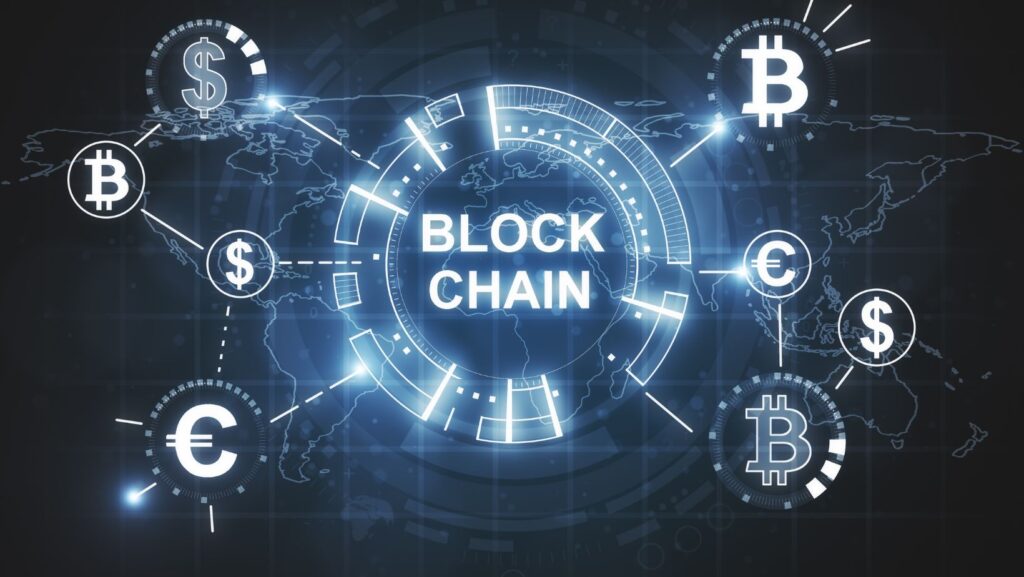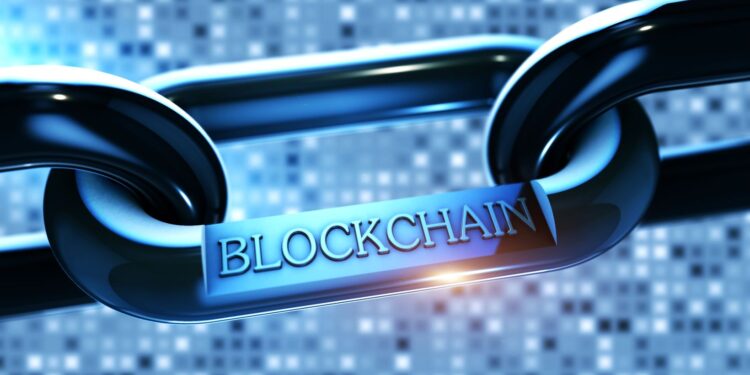You have seventeen different addresses across different blockchains. Some are the same address deployed to multiple chains, some are completely different because of chain-specific wallet implementations. You need to track which address holds what on which chain, remember which wallet connects to which network, and somehow maintain security across all of them without losing your mind.
This fragmentation isn’t just annoying,it’s fundamentally broken. Your identity in Web3 shouldn’t be split across dozens of disconnected addresses. You shouldn’t need different accounts for different chains any more than you need different email addresses for sending mail to different countries.
Certa Protocol solves this with a universal blockchain account system,one account that works seamlessly across all blockchains simultaneously.
The Multi-Address Problem Nobody Talks About
Most people accept address fragmentation as just “how blockchain works.” But there’s nothing inevitable about it. It’s a design limitation we’ve all gotten used to, not a fundamental requirement. Here’s what this fragmentation actually costs you:
- Security complexity multiplies with every chain. Each address needs its own security considerations. You might use a hardware wallet for Ethereum but a hot wallet for low-value chains. One weak link compromises everything, but maintaining maximum security everywhere is impractical.
- Transaction history becomes impossible to track. Your activity is scattered across multiple addresses on multiple explorers. Want to see your complete DeFi history? You’ll be clicking through block explorers for the next hour trying to piece everything together.
- Social and professional identity fragments. Your ENS name works on Ethereum but means nothing on other chains. Your reputation, transaction history, and on-chain identity are all chain-specific. You’re not building one identity,you’re maintaining a dozen separate ones.
- Receiving funds becomes a coordination nightmare. Someone wants to pay you in USDC. Which address do you give them? Which chain should they use? Now you need to communicate chain preference, confirm the address, and hope they don’t send to the wrong network.
For developers building applications, this fragmentation means you can’t treat users as consistent entities across chains. Every chain interaction requires re-authentication, separate permission management, and isolated state tracking.
What a Universal Account Actually Means
A one account all blockchain system isn’t about having the same address everywhere,that’s just cosmetic. It’s about having unified state management across all networks through a single consistent identity.
Mono Protocol’s account architecture creates this through abstracted identity layers. Your account exists as a logical entity that can interact with any blockchain without requiring separate addresses or state management per chain.
When you interact with a protocol on Arbitrum using your Mono account, you’re using the same identity that interacts with protocols on Base or Ethereum. Your permissions, balances, and transaction history all roll up to one coherent account rather than being scattered across isolated addresses.
This isn’t achieved through address mirroring or cross-chain messaging tricks. It’s a fundamental rearchitecture of how accounts relate to chains,chains become execution environments your account can access, not separate silos requiring separate identities.
Unified Balances Through Universal Identity
The real power of a cross-chain account system becomes clear when combined with unified balance management. Mono Balances show your total holdings per token across all chains, but they’re fundamentally enabled by having a universal account to anchor those balances to.
Your USDC balance isn’t “500 on Arbitrum and 300 on Base”,it’s 800 USDC in your account, accessible from any chain you choose to transact on. The blockchain identity solution provided by Mono makes this coherent because there’s one canonical account making decisions about how those funds get used.
This changes everything about how wallets and dApps work. Instead of querying multiple addresses across multiple chains and trying to present a unified view, they query one account and get complete information. No aggregation logic needed. No missing balances because you forgot to check one chain.
Security That Scales With Simplicity
Counterintuitively, having one universal blockchain account is actually more secure than managing multiple addresses.
With traditional multi-chain setups, you need to make security trade-offs. Maybe you use a hardware wallet for Ethereum but a browser extension for smaller chains because the hardware wallet doesn’t support them. Or you keep most funds on one chain with strong security but need operational funds on other chains with weaker protection.
With Mono’s account system, security is defined at the account level, not the chain level. Your security model,whether that’s hardware wallet, multisig, or smart contract wallets,applies uniformly across all chains. No weak links because no chain-specific compromises are necessary.
Permission management becomes dramatically simpler. Grant an application access to your account, and that permission works across all chains consistently. Revoke access, and it’s revoked everywhere. No need to manage separate approvals on each network.
Developer Experience Gets Radically Better
For developers, the Mono Protocol account system eliminates massive complexity from cross-chain application development.
User authentication becomes trivial. Connect once, and you have access to the user’s complete cross-chain state. No need to request multiple wallet connections or handle chain-switching logic.
Balance queries become single API calls. No more checking fifteen different addresses across fifteen chains and aggregating results. One account, one query, complete information.
Transaction building simplifies because you’re always interacting with one consistent entity. You don’t need conditional logic for “if user is on Ethereum do X, if on Arbitrum do Y”,you just interact with their account and Mono handles chain-specific execution.
The MONO Token’s Role
MONO powers the security and operations of universal accounts across Mono Protocol’s infrastructure.
Operators stake MONO to run account-related services like bundlers and orchestrators. These operators ensure your account state stays synchronized across all chains and that transactions execute correctly regardless of which network you’re interacting with.
The staking model aligns incentives,operators are economically motivated to maintain account consistency and prevent failures. If they fail to execute properly, they lose staked collateral.

Identity As Infrastructure
The Mono Protocol account system represents a fundamental shift in how we think about blockchain identity. Accounts aren’t chain-specific constructs anymore,they’re universal entities that exist across the entire multi-chain ecosystem.
Your identity, your balances, your transaction history,all of it becomes portable and consistent across every blockchain. You stop managing seventeen addresses and start using one account that works everywhere.
This is what Web3 infrastructure should have been from the beginning: one identity, accessible everywhere, with security and state that follow you across any chain you choose to interact with.













